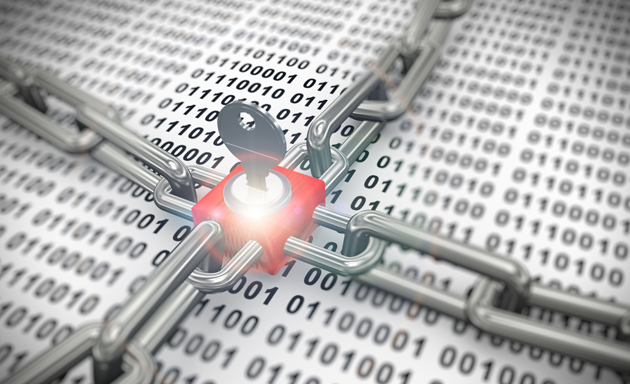 Online Banking Joint Venture of Bank of Tokyo-Mitsubishi UFJ and KDDI Corporation Implements DIGIPASS for Apps to Add Security Features to Their Mobile Banking Application
Online Banking Joint Venture of Bank of Tokyo-Mitsubishi UFJ and KDDI Corporation Implements DIGIPASS for Apps to Add Security Features to Their Mobile Banking Application
VASCO Data Security International, Inc. (NASDAQ: VDSI), a global leader in authentication, electronic signatures, and identity management, announced today that Jibun Bank Corporation has implemented VASCO’s DIGIPASS for Apps and VACMAN Controller to enhance security for online and mobile banking customers.
Jibun Bank was founded in 2008 as a joint venture between Japanese communications company KDDI Corporation and Bank of Tokyo-Mitsubishi UFJ. Jibun Bank is a direct-only bank with the goals of being a “personal bank for each individual customer,” and providing quality financial services with high convenience and security that take full advantage of mobile phones.
The Japanese market has experienced an increase in losses from fraud due to phishing and man-in-the-middle attacks. DIGIPASS for Apps was the only solution that met all of the requirements of Jibun Bank. The bank opted to embed an additional authentication feature into their self-developed mobile banking application using the DIGIPASS for Apps software developer kit (SDK). Jibun bank believes this the first implementation of electronic transaction signing in a mobile banking application.
“Consumers and businesses increasingly prefer digital channels, as do cybercriminals, who steal billions of dollars each year from banks and businesses,” stated Julie Conroy, research director at Aite Group. “It is critically important for banks to deploy secure, yet user-friendly means of securing digital transactions in order to protect their bottom line and maintain customers’ confidence in the security of their online and mobile channels.”
Jibun Bank achieved stronger security and enhanced user convenience by implementing VASCO’s one-time password (OTP) and transaction signing security features. The electronic transaction signature feature is used for bank account transfers and mobile phone number transfers in retail online banking services, and secures transactions for mobile phone users and internet users.
“Foreign-based criminal organizations have been attacking Japanese online banks using advanced phishing attacks and hard-to-detect malware,” stated Jan Valcke, President and COO of VASCO. “With our DIGIPASS for Apps SDK, banks can protect their online and mobile customers against cyberthieves with an ever-growing library of the most sophisticated mobile application defense tools.”
About Jibun Bank
Jibun Bank Corporation is a joint-venture direct bank between a Japanese leading information and communications company KDDI Corporation and a Japanese leading bank Bank of Tokyo-Mitsubishi UFJ. Since its launch in June 2008, Jibun Bank has striven to become the best rewarded financial institution with full of customer’s satisfaction by maximizing the unique features of mobile handsets and providing high-quality financial services that balance convenience and security. Jibun Bank’s popularity has grown rapidly and the bank has already acquired more than 2,000,000 customers (as of May, 2015.) Under the slogan “SMART x MOBILE = SMILE”, Jibun Bank is expanding its business base by providing various banking services fully available via mobile application, such as foreign currency deposits, retail foreign exchange trading services as well as Japanese yen deposits.
About VASCO
VASCO is a world leader in providing two-factor authentication and digital signature solutions to financial institutions. Many of the top 100 global banks rely on VASCO solutions to enhance security, protect mobile applications and meet regulatory requirements. VASCO also secures access to data and applications in enterprise environments, and provides tools for application developers to easily integrate security functions into their web-based and mobile applications. VASCO enables more than 10,000 customers in 100 countries to secure access, manage identities, verify transactions, and protect assets across financial, enterprise, E-commerce, government and healthcare markets.
The opinions expressed in this post belongs to the individual contributors and do not necessarily reflect the views of Information Security Buzz.



